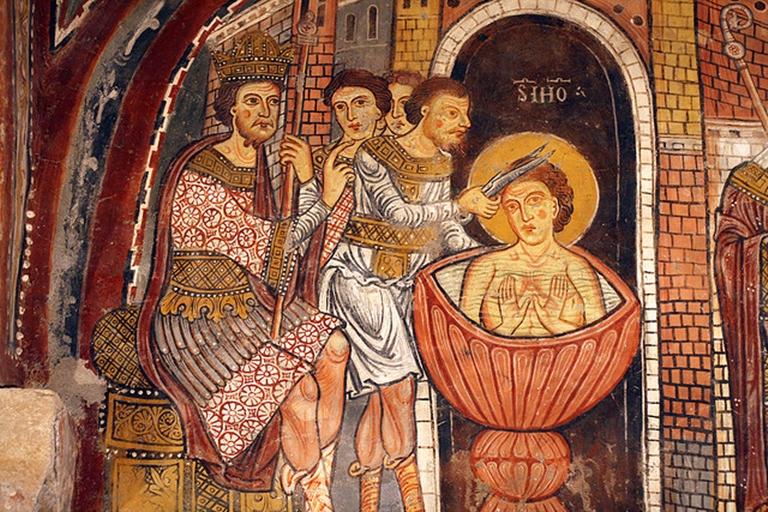
Fact Versus Fiction: Why Striving for Utopias Is Useless
Liberty-minded people should not strive for utopias, but instead encourage people to see how much better the world became through the ideas of free markets, rule of law, and democracy. If we continue on this path, we have a good chance of living in the best world that can ever be.











